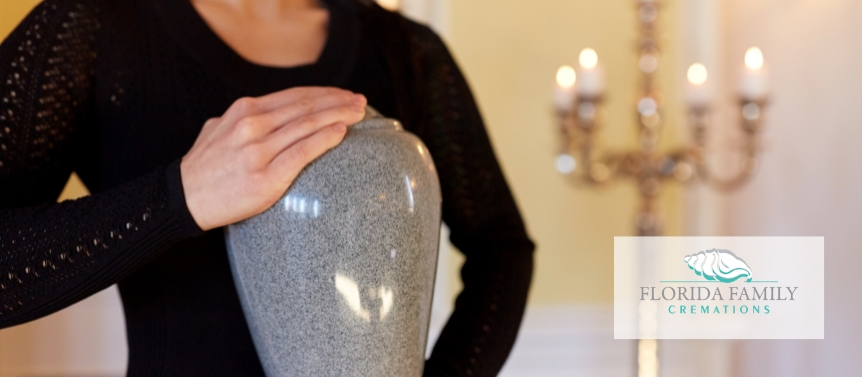Which Body Parts Don’t Burn During Cremation?
Cremation is a popular choice for the disposition of human remains. It has gradually overtaken traditional funeral services due to its flexibility and cost-effectiveness, especially when you choose direct cremation. However, there’s a common question that arises about which part of the body does not burn during cremation?
Whether you’re in the process of planning a cremation or are just curious to know, this article will provide you with a detailed answer to the question. But first, let’s start with a brief overview of the cremation process.
What Happens to the Body During Cremation?
During cremation, the body is exposed to high heat, ranging between 1400- and 1800-degrees Fahrenheit. This process takes 2–3 hours, depending on the body’s size and the furnace’s temperature. Different parts of the body burn at different rates during cremation. Soft tissues such as muscles and organs burn relatively quickly.
Up to 60% of the human body is water. Therefore, cremation causes this water to evaporate. The extreme heat of the cremation chamber also consumes the soft tissues, so that you can’t trace them in the cremated remains.
So, which part of the body does not burn during cremation?Here’s the answer:
Parts of the Body That Don’t Burn During Cremation
Bones and teeth are the only parts of the body that survive the cremation heat. That’s because they’re denser and harder to break down than soft tissues. The bone fragments that remain after cremation are typically small and can range in size from a few millimeters to a few centimeters, depending on the age of the deceased, the temperature of the retort, and the length of the cremation process.
Sometimes a person may have metal implants, such as teeth or artificial body organs. Cremation staffs or funeral directors usually remove devices such as pacemakers because they have batteries that can explode during cremation.
If the metal implants don’t pose any risk to the cremation, they may not have to be removed. That’s usually the case for surgically implanted devices that are time-consuming and expensive to remove. So what happens to these devices during cremation?
What Happens to Prosthetics and Implants During Cremation?
Prosthetics are external devices designed to mimic the form and function of a missing limb or body part. They include artificial legs and hands. Since they’re external devices, they can be removed before cremation.
On the other hand, implants are surgically inserted into the body to replace or support a specific function or structure. Some common materials used for prosthetics and implants include titanium, stainless steel, and cobalt-chromium alloys.
During cremation, prosthetics and implants made of metal or other non-burnable materials are not affected by the high heat of the cremation process. Instead, they remain intact and may become visible in the ashes after cremation.
The cremation staff use a powerful magnet to separate these metallic pieces from the bone fragments. Each crematorium has its own way of dealing with these implants.
Due to environmental concerns, crematoriums don’t bury or throw away the recovered metals. Instead, they donate them or take them to a recycling plant. Most crematoriums in North America usually give the money recovered from these metals to charity.
After removing the metal pieces, the remaining bone fragments are processed into a fine powder using a cremulator. A cremulator is a machine that uses high-speed rotating blades to grind the bone fragments into a fine powder, which is then placed in an urn and given to family members.
Contact Florida Family Cremation for Cremation Services in Florida
Bones and the enamel part of the teeth are the only parts of the body that don’t burn during cremation. However, if the cremated bodies have metallic implants, these implants can also survive the cremation heat. The cremation staff separates them from the bone fragments using a magnet before crushing the bones into fine powder.
If you have any other questions about cremation, don’t hesitate to ask Florida Family Cremations. We provide affordable cremation services in Clearwater, including simple cremation and veterans’ services.
Contact us to learn more about our cremation services.

